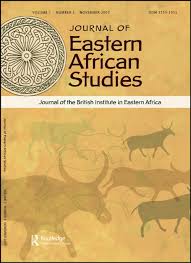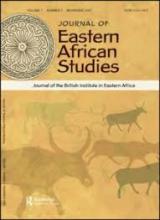Resource information
The pastoral areas of Ethiopia are witnessing radical change in terms of both increasingly restricted mobility and access to vital resources. A cause and consequence of such constraints has been a move toward sedentarised forms of livestock and agricultural production. This is occurring in a political and socioeconomic vacuum, in which the customary institutions responsible for resource allocation and access to land are becoming weaker, and where the Ethiopian government has yet to develop a clear policy or strategy for resource distribution and tenure security in pastoral areas. To date, pastoral women’s property rights have been afforded a certain degree of protection by customary institutions; however, the impact on such protection is likely to be negative as these institutions weaken. Appropriate and effective government protection for women’s property rights do not yet exist. Land tenure reform in pastoral areas appears imminent, partly due to increasing conflicts over access to resources, and to the existence of such reforms in other parts of the country. This paper discusses the changing nature of pastoral land rights in Ethiopia through a detailed case study of the Boran people in Oromia Regional State. It sets the case within wider national land reform processes and makes recommendations regarding how civil society and other actors can best engage with land policy and law formulation and implementation processes to secure women’s land rights


